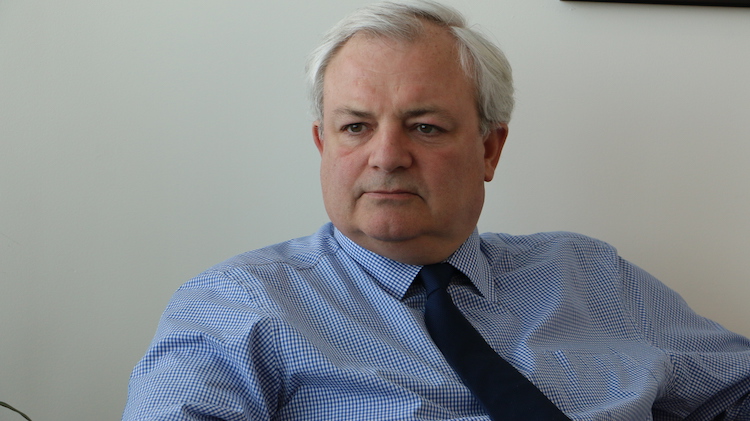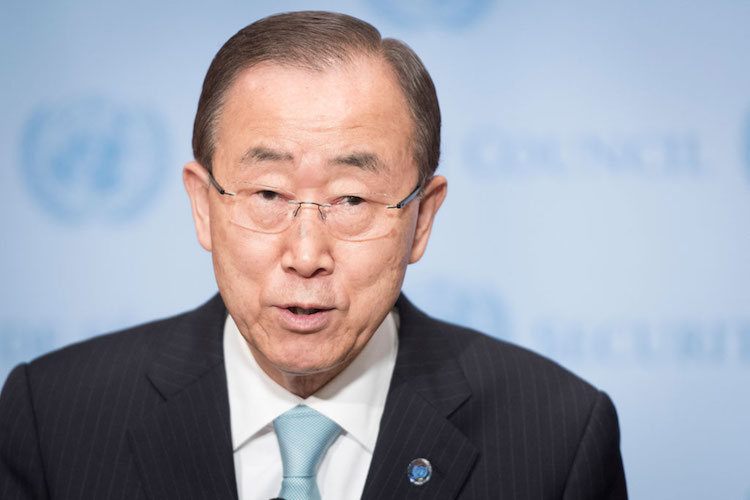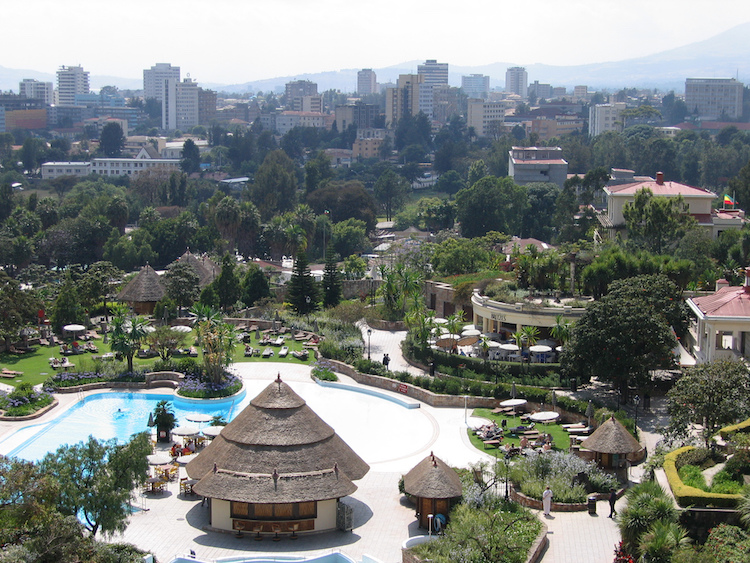By Jaya Ramachdandran
BERLIN | NEW YORK (IDN) – The forthcoming UN Summit on Refugees and Migrants on September 19 in New York would launch a process of intergovernmental negotiations leading to the adoption of a ‘Global Compact for Safe, Orderly and Regular Migration’.
The intergovernmental negotiations, which will begin in early 2017, are to culminate in an intergovernmental conference on international migration in 2018 at which the Global Compact would be presented for adoption.
As the Third High Level Dialogue on International Migration and Development is to be held in New York “no later than 2019”, the draft under consideration pleads for envisaging a role for the High Level Dialogue in the process.



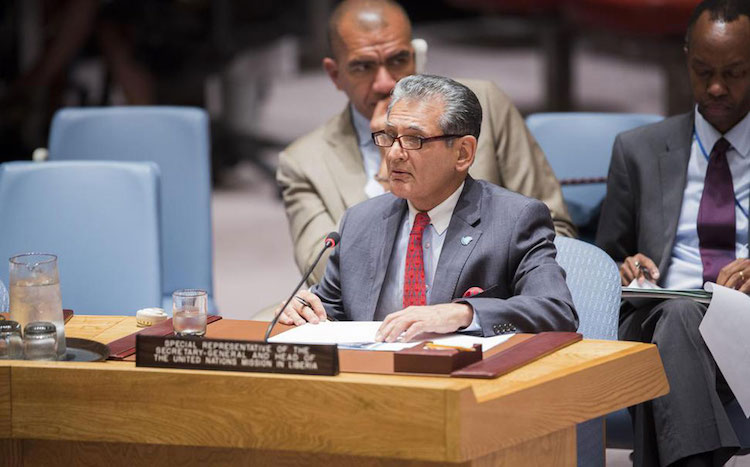
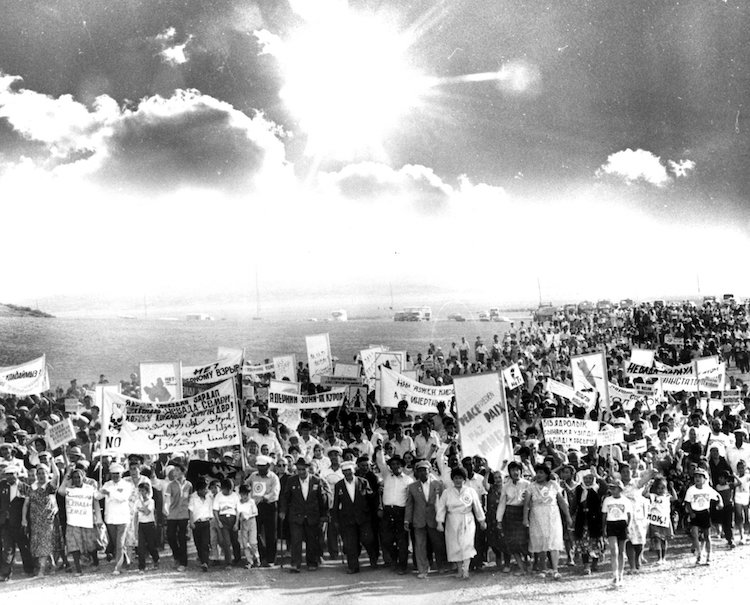
 This article appears in cooperation with the Comprehensive Nuclear-Test-Ban Treaty Organization (CTBTO), as part of the initiative ‘Youth for CTBTO’. The views expressed are those of the author and do not necessarily reflect those of the CTBTO. – Editor
This article appears in cooperation with the Comprehensive Nuclear-Test-Ban Treaty Organization (CTBTO), as part of the initiative ‘Youth for CTBTO’. The views expressed are those of the author and do not necessarily reflect those of the CTBTO. – Editor
